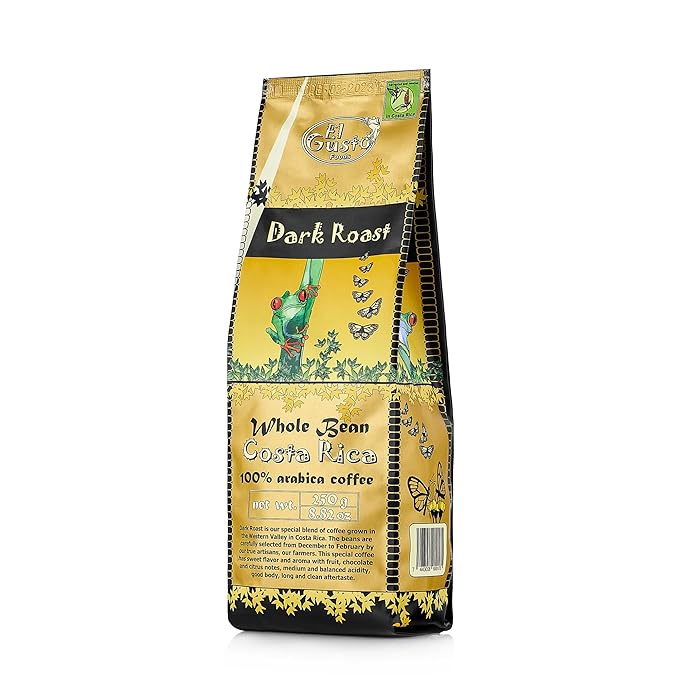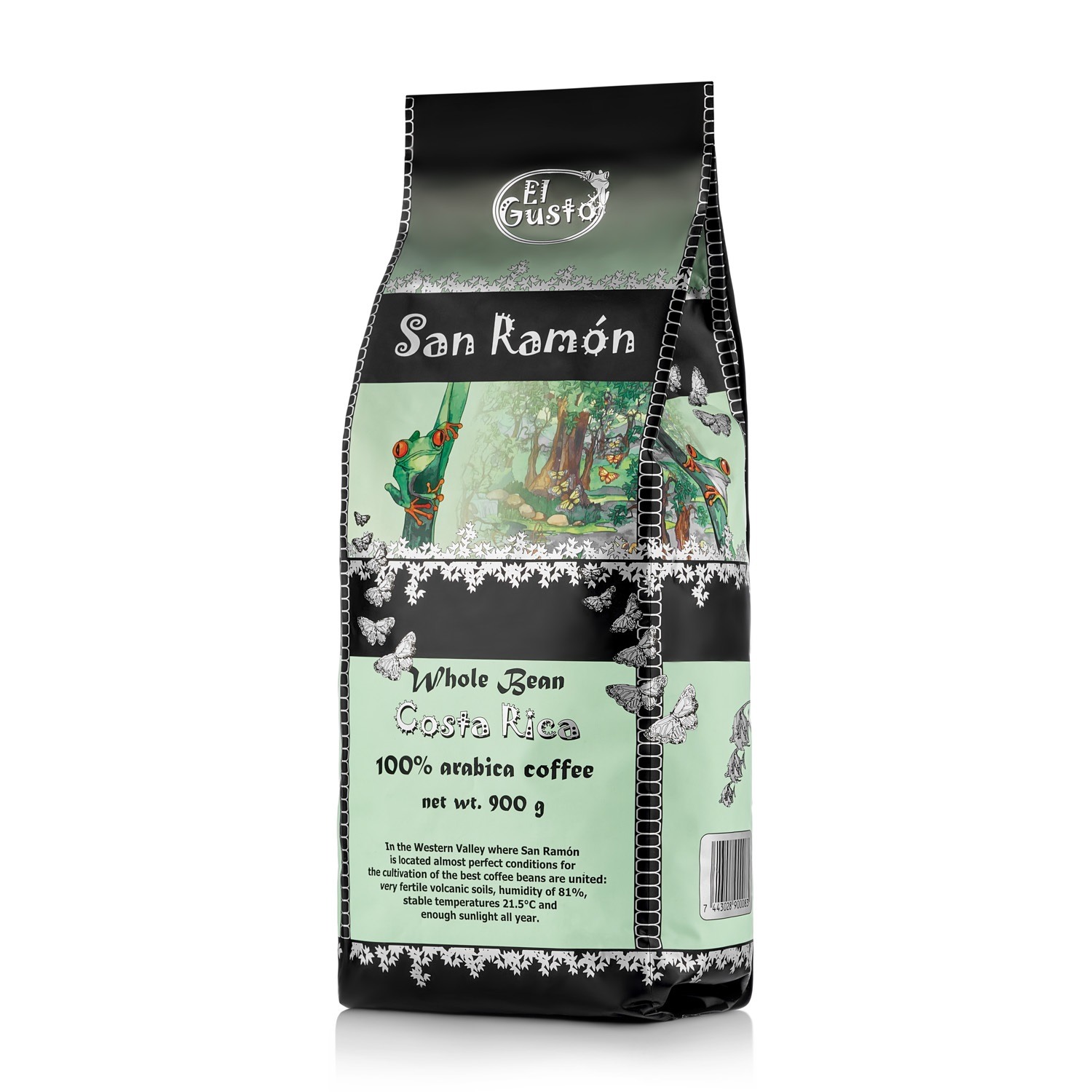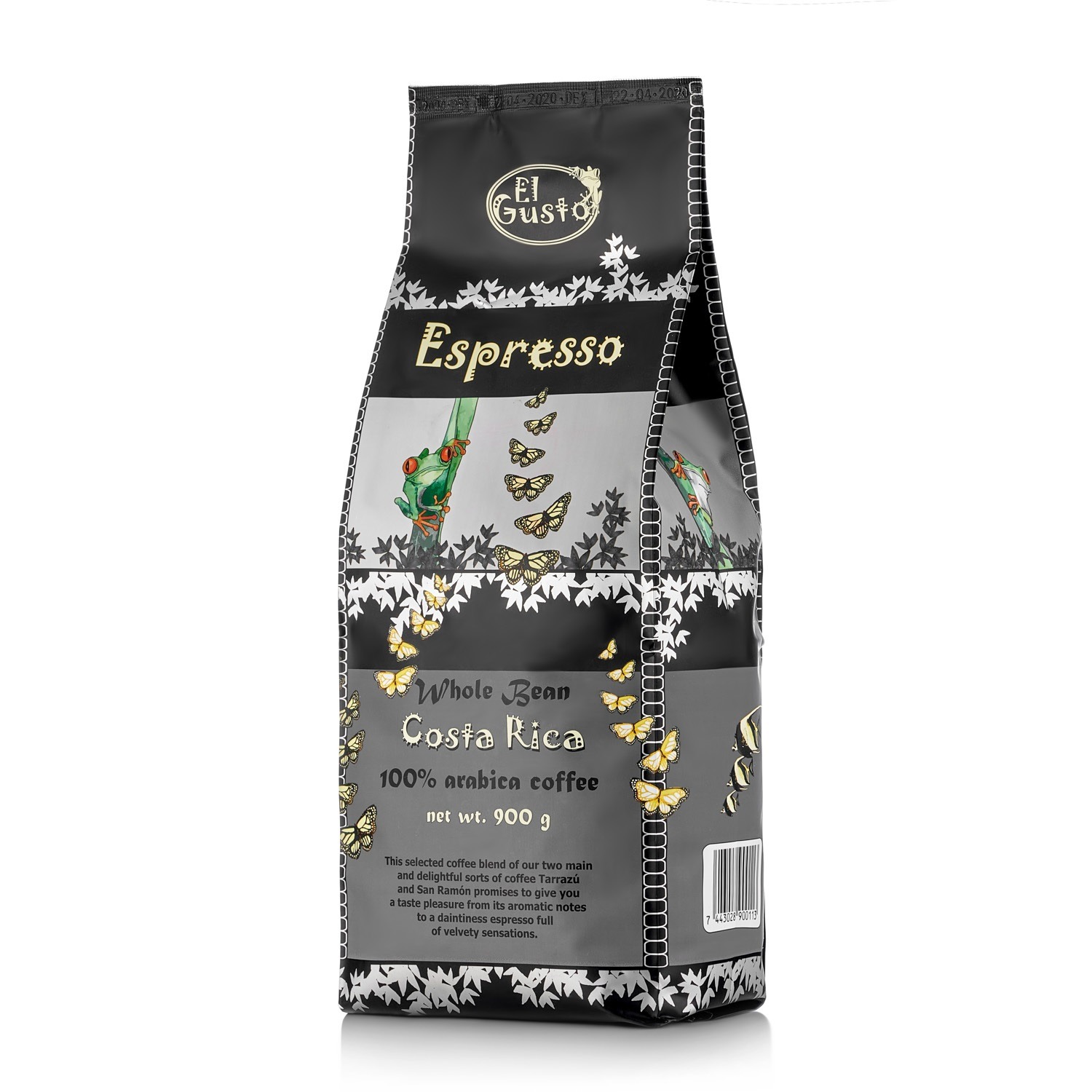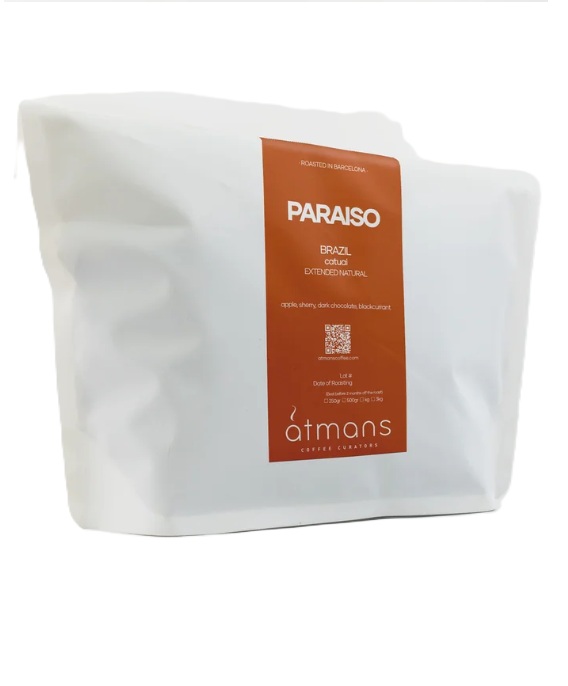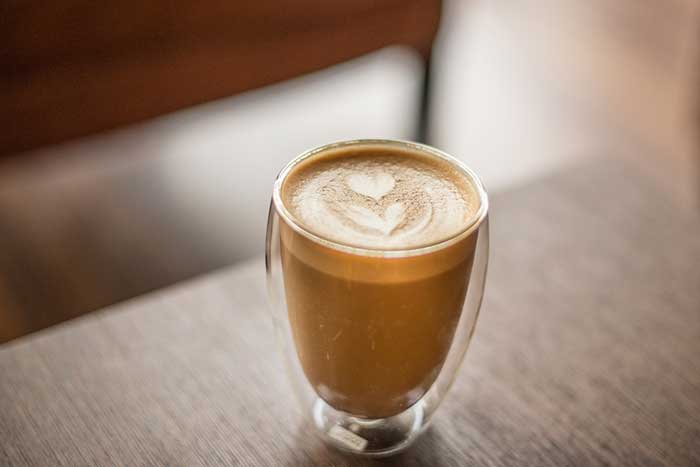
The Ultimate Secret To making A Perfect Cup of coffee
The Ultimate Secret To making A Perfect Cup of coffee
- Shelli Galici
- 02-04-2018
- 29-07-2025
- 1691 views
- Coffee Tips, Featured Articles, How To's

The world of coffee is never-ending research for the scientist to find answers for so many things that link to coffee including in making a perfect cup.
There are a lot of coffee articles today teaching us how to make a perfect cup of coffee but seems like research doesn’t stop in finding answers. There is a new study about the secret of making the perfect cup of coffee by Dr. Christopher Hendon, an assistant chemistry professor at the University of Oregon.
Dr. Hendon says his study, which focused on espressos, stemmed from being puzzled about the inconsistencies in his drinks. Because of this inconsistencies, he made this study to find the perfect formula for making the perfect cup of coffee.
In a written statement, Dr. Hendon said: “One day you might have a good cup of coffee and the next day you might not.”
From a scientific perspective, it has always puzzled me why we couldn’t do the same thing twice.
My research looks at every variable that goes into making espresso coffee, from grinding and packing the ground coffee, to water pressure and mineral chemistry.
If every single café in America were to implement the procedure, it would save the U.S. $300 million (£214 million) a year by reducing the amount of coffee beans used to make espresso, while improving reproducibility.
Dr. Christopher Hendon claims, “the secret is in using the right type water alongside freshly-ground beans that have been stored in the fridge.”
Dr. Coffee and his team found out that ‘hard’ water with a high amount of magnesium and calcium causes coffee to have a stronger flavour than “soft” water. This is because of during the brewing process the caffeine sticks to magnesium. Hard water can also have high amounts of bicarbonate, which causes coffee to have a more bitter flavour.
Dr. Coffee also confirm that the way we store our coffee beans affects the taste of our coffee. They concluded that coffee beans stored in the fridge are fresher because freshly roasted coffee contains carbon dioxide that easily evaporates. When the gases leave the beans, it produces a less flavourful cup of coffee.
When it comes to grinding the coffee beans Dr. Hendon said: “There is a point in grinding coffee beans when you make too many small particles, which stick together and result in reduced extractions.”
Although smaller particles mean a greater surface area, which should result in consistently tasty espresso, there is a critical point at which smaller isn’t better.
The grinders used can have a significant impact on the flavour of the resulting cup of coffee.
The ground beans and the water are crucial in making a perfect cup.
Dr. Hendon added: “When extracting the espresso, the water should come into contact with the coffee grounds uniformly.”
Passing water through the grounds in a systematic manner would ensure that all of the grounds come in contact with water equally.
In comparison, with a traditional drip-brew coffee pot, the water drips mainly through the center of the grounds while the grounds on the outside have little contact with water.
With Dr. Hendon scientific study this proves that the basic steps are the most important part of making a perfect cup of coffee.
Because of what he found, he teams up with a group of the barista to put his research into action. They found that by altering the ground size and brew ratio they not only produced consistently good coffee but saved on the amount of beans used.
He added: “By predetermining the coffee-to-water ratio, as well as the water pressure, the maximum extraction can be systematically determined.”
The barista can then iteratively improve their espresso reproducibility, while reducing waste coffee mass.
And by looking at the grinding temperature Dr, Hendon found out that cooled coffee beans grind more uniformly and is working on the perfect ratios and ground size.
These findings of Dr. Coffee was presented to the America Chemical Society.
Source: nzherald.co.nz








